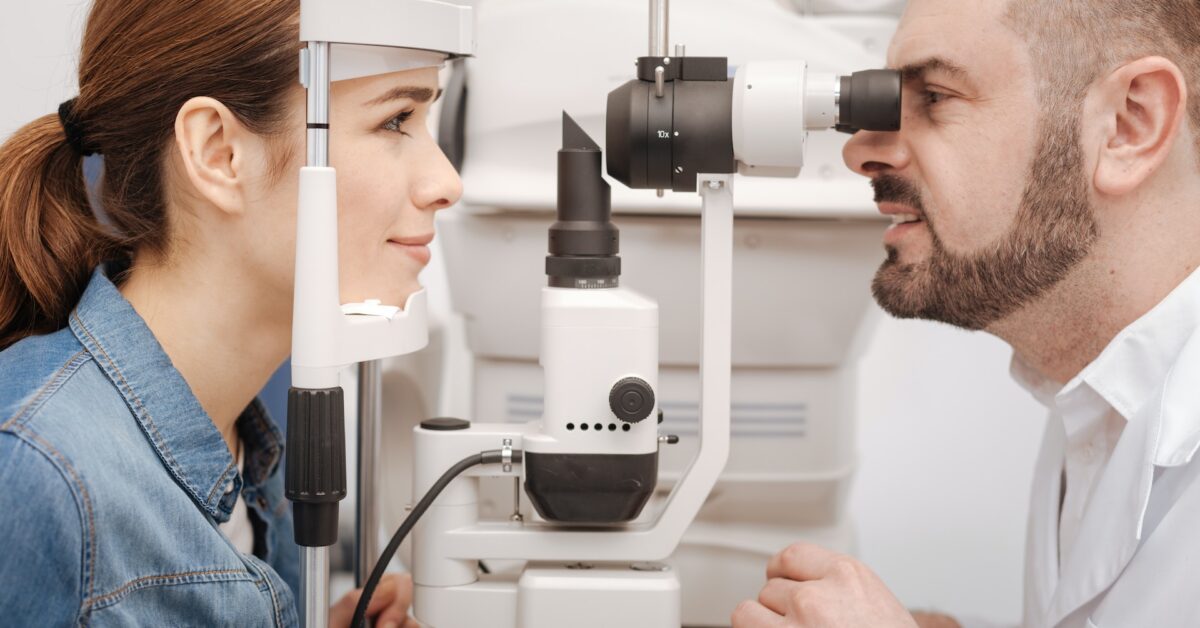A comprehensive eye exam includes many tests beyond the visual acuity and refractive error test that most people are familiar with. These include a cover test and examining how the eyes work together. The exam may also involve a pupil dilation (enlargement) to see the inside of the eye. This helps detect conditions such as glaucoma, cataracts, and macular degeneration.
Vision
The vision test is one of a comprehensive eye exam’s most common and well-known aspects. The optometrist Ottawa will have you read letters on a chart at different distances while covering one eye to determine your visual acuity and optical prescription. Your doctor may also briefly shine a light into your eyes to see how your pupils dilate and constrict (called pupil function testing).
This can help identify myopia (nearsightedness) and provide important information about your risk of developing other ocular or non-ocular diseases. Sometimes, the eye doctor will refer you to a specialist for additional evaluation and treatment of a specific problem.
Eye Health
Your overall health and eye health are closely linked. Vision problems can arise due to diabetes, high blood pressure, and smoking. Maintaining a balanced diet that includes green leafy vegetables, wearing sunglasses, and using proper protective equipment during sports or home activities to protect your eyes is essential.
Reducing UV exposure and taking precautions during DIY projects are also crucial. An optometrist uses dilating drops to examine the inside of your eyes and detect early signs of diseases like glaucoma and macular degeneration, which may not have visible symptoms. Early detection can help preserve your vision.
Eye Safety
Often, eye problems show symptoms once they have progressed to an advanced stage. A regular comprehensive eye exam with an optometrist can detect these conditions early before they impact your vision or health. During a complete eye exam, your optometrist can observe the blood vessels in your retina and see any changes or irregularities that could indicate a more significant health issue, like diabetes, high cholesterol, and multiple sclerosis.
These conditions can be easily treated and managed with routine visits to the optometrist. We spend much time staring at digital screens, so discuss issues like eye strain with your optometrist. They can help you find a solution to make screen time less stressful for your eyes.
Contact Lenses
The eyes reveal much about your health and well-being. Regular eye exams can help prevent vision loss and identify other health issues. Over 45 million people in the United States wear contact lenses, a form of ocular prosthetics that rest directly on the eye’s surface to improve vision.
Like eyeglasses, contact lenses correct refractive errors—changes in the shape of your cornea and lens that prevent light from focusing correctly on the retina—providing crisp, clear vision. Soft contact lenses are typically made from materials that incorporate water, allowing oxygen to pass through to the cornea. Rigid gas permeable (RGP) lenses are commonly used for conditions like astigmatism and keratoconus.
If you’re interested in contact lenses, you’ll need to search for “contact lens exam near me Minneapolis” or a similar phrase, as a separate exam is required for determining the strength, fitting, and suitable contact lens options for you.
Glaucoma
Many eye diseases, including glaucoma, have no symptoms in the early stages. However, regular eye exams can detect these conditions before they cause severe vision loss and can help prevent them. Your eye constantly makes a clear fluid called aqueous humor that fills the front part of your eye. It then drains out through a channel in your cornea and iris.
If the flow becomes blocked or slows, fluid builds up, and pressure increases inside your eye. This pressure damage can destroy your optic nerve and lead to vision loss. Experts don’t know what causes glaucoma, but certain health conditions increase your risk. Treatment is aimed at lowering eye pressure and may include prescription medication or surgery.
Vision Therapy
Even people with excellent vision can benefit from regular eye exams. They provide an essential baseline and help doctors spot changes in a person’s eyes that may indicate other health issues. During a comprehensive exam, an optometrist shines a light on your pupils and tests how well you can read the letters on an eye chart. They also look at your pupils’ color and the corneas’ shape.
Vision therapy is an individually tailored regimen of eye exercises designed to improve and strengthen visual functions, often called “vision training.” The program usually includes in-office sessions lasting up to an hour or more.


